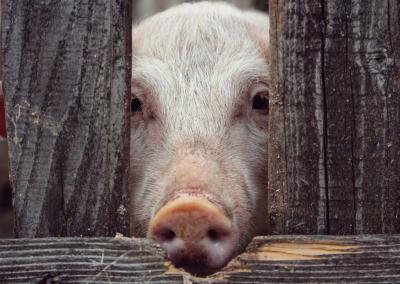Plague in farm animals spreads in Europe
More than 60 outbreaks in sheep and goat farms have already been recorded in the countries. Sheep and goat farmers in all countries are urged to take strict biosecurity measures to protect their livestock: not to bring in animals showing symptoms of infectious diseases, to control the movement of transport and visitors, to change clothes and change their clothing when entering livestock housing, to use safe feed and water, and to control rodents and insects.
The first disease case in Greece was detected on 11 July on a farm with 264 sheep and goats. Since then, 24 outbreaks have been detected across the country. In Romania, the first case was reported on 19 July on a farm with 51 119 sheep. So far, Romania has reported 37 more outbreaks.
All susceptible animals in the foci have been destroyed and thorough disinfection and protection zones have been established with strict control measures. The European Commission has taken additional measures and extended the restriction zones around the outbreaks.
The causes of the outbreak are under investigation. The virus is circulating in Asian and African countries as well as in Bulgaria. The disease has not previously been detected in Greece and Romania.
Sheep and goats, other small domestic and wild ruminants, and camels can also be infected with small ruminant plague. Affected animals have a high fever and runny eyes and nose. Animals cannot eat because of painful sores on the oral mucosa, pneumonia and diarrhoea. The virus is spread by aerosol or direct contact and can be found in milk, bedding, feed, vehicles, pastures and contaminated water sources.
In case of suspicion that animals are infected, veterinarians or the State Food and Veterinary Service (SVVT) should be notified immediately by telephone on 1879 or +370 5 242 0108 or by email to info@vmvt.lt.










































































































